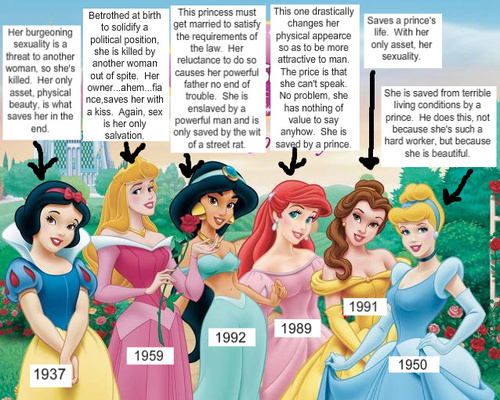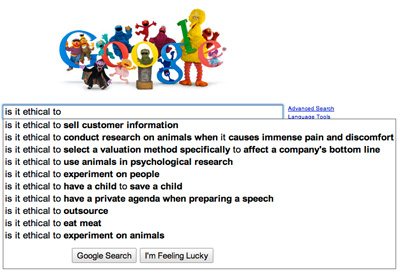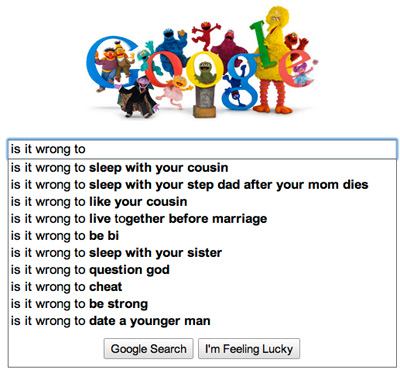The case of Mr. Ayyadurai, the M.I.T. lecturer, illustrates just how frustrating the experience can be for someone schooled in more direct, American-style management. After a long meeting with a top bureaucrat, who gave him a handwritten job offer, Mr. Ayyadurai signed on to the Council of Scientific and Industrial Research, or C.S.I.R., a government-financed agency that reports to the ministry of science.
The agency is responsible for creating a new company, called C.S.I.R.-Tech, to spin off profitable businesses from India’s dozens of public laboratories. Currently, the agency, which oversees 4,500 scientists, generates just $80 million in cash flow a year, even though its annual budget is the equivalent of half a billion dollars.
Mr. Ayyadurai said he spent weeks trying to get answers and responses to e-mail messages, particularly from the person who hired him, the C.S.I.R. director general, Samir K. Brahmachari. After several months of trying to set up a business plan for the new company with no input from his boss, he said, he distributed a draft plan to C.S.I.R.’s scientists asking for feedback, and criticizing the agency’s management.
Four days later, Mr. Ayyadurai was forbidden from communicating with other scientists. Later, he received an official letter saying his job offer was withdrawn.
The complaints in Mr. Ayyadurai’s paper could be an outline for what many inside and outside India say could be improved in some workplaces here: disorganization, intimidation, a culture where top directors’ decisions are rarely challenged and a lack of respect for promptness that means meetings start hours late and sometimes go on for hours with no clear agenda.
But going public with such accusations is highly unusual. Mr. Ayyadurai circulated his paper not just to the agency’s scientists but to journalists, and wrote about his situation to Prime Minister Manmohan Singh. India is “sitting on a huge opportunity” to create new businesses and tap into thousands of science and technology experts, Mr. Ayyadurai said, but a “feudal culture” is holding the country back.
Mr. Brahmachari said in an interview that Mr. Ayyadurai had misunderstood nearly everything — from his handwritten job offer, which he said was only meant to suggest what Mr. Ayyadurai could receive were he to be hired, to the way Mr. Ayyadurai asked scientists for their feedback on what the C.S.I.R. spinoff should look like.
To prove his point, Mr. Brahmachari, who was two hours late for an interview scheduled by his office, read from a government guide about decision-making in the organization. Mr. Ayyadurai didn’t follow protocol, he said. “As long as your language is positive for the organization I have no problem,” he added.
As the interview was closing, Mr. Brahmachari questioned why anyone would be interested in the situation, and then said he would complain to a reporter’s bosses in New York if she continued to pursue the story.
Many of my classmates have moved back to India, but they tend to work in sectors like electronics design or software. While the private sector has, for the most part, become dynamic and driven, public-sector scientific organizations remain hide bound. Little innovation happens there and mainly it's because they are managed that way.



 UPDATE: K., snarking on Facebook,
UPDATE: K., snarking on Facebook,  wants to know why I don't have a close-up picture of the finished handiwork. "Must not be too proud," he muses. Jeez, have some trust people!
wants to know why I don't have a close-up picture of the finished handiwork. "Must not be too proud," he muses. Jeez, have some trust people!
 nother country's aspiration.
nother country's aspiration.

 on a 4-3 heart fit. I cash the two top spades and lead the third spade for a ruff. West discards a diamond; I ruff with the 9. I then cash A-K of hearts and learn the bad news about the heart split. I come back to my hand with a diamond. Then, I cash the Q-J of hearts. At this point, West has his fifth heart and I have none. Then, I play a club to the Ace and club back to hand and start playing clubs from the top. West can ruff the club, but he is end-played. He doesn't have a spade, so has to lead a diamond to the K-diamond in dummy on which I pitch my remaining spade. Then, a club to my hand.
on a 4-3 heart fit. I cash the two top spades and lead the third spade for a ruff. West discards a diamond; I ruff with the 9. I then cash A-K of hearts and learn the bad news about the heart split. I come back to my hand with a diamond. Then, I cash the Q-J of hearts. At this point, West has his fifth heart and I have none. Then, I play a club to the Ace and club back to hand and start playing clubs from the top. West can ruff the club, but he is end-played. He doesn't have a spade, so has to lead a diamond to the K-diamond in dummy on which I pitch my remaining spade. Then, a club to my hand.




